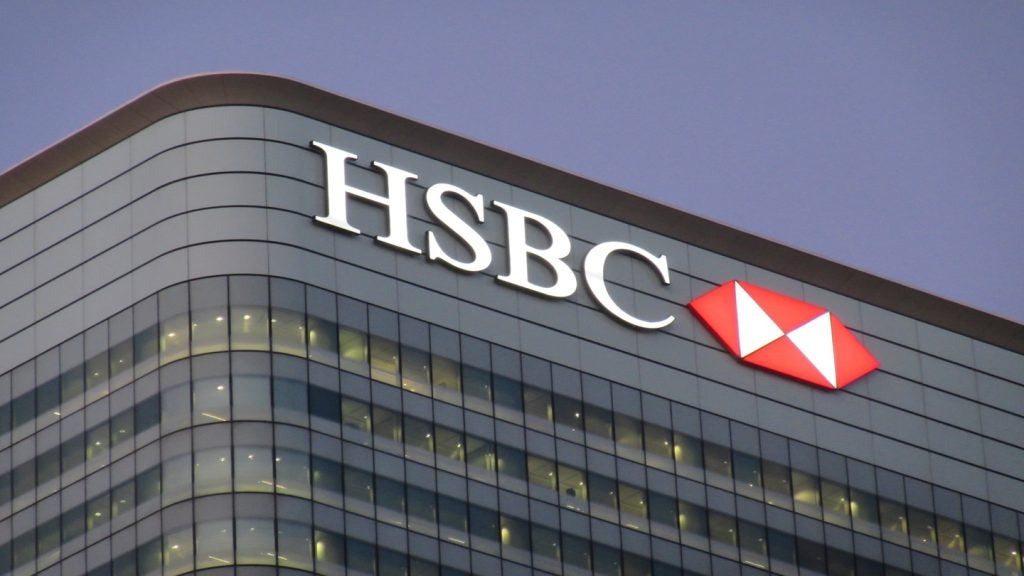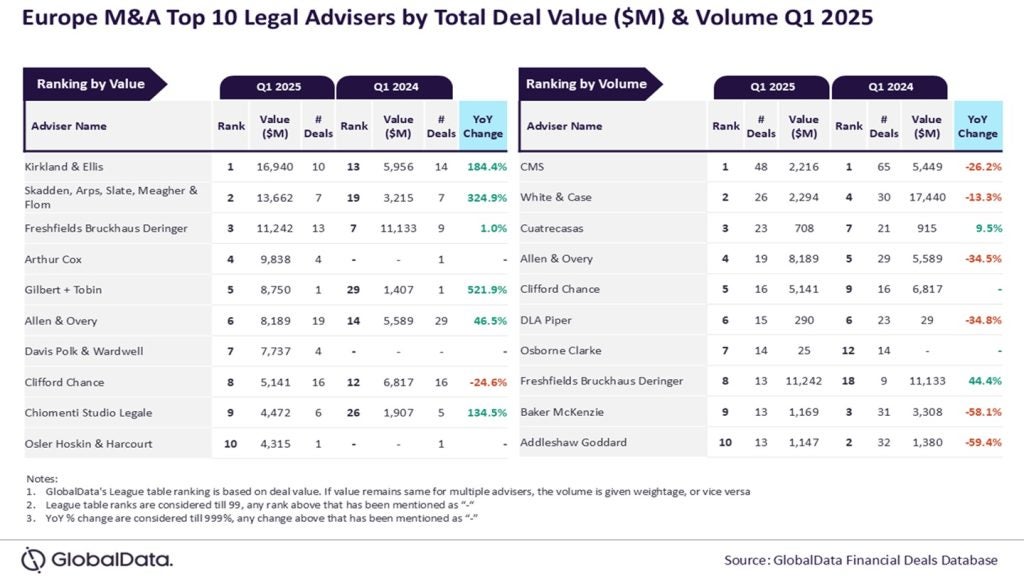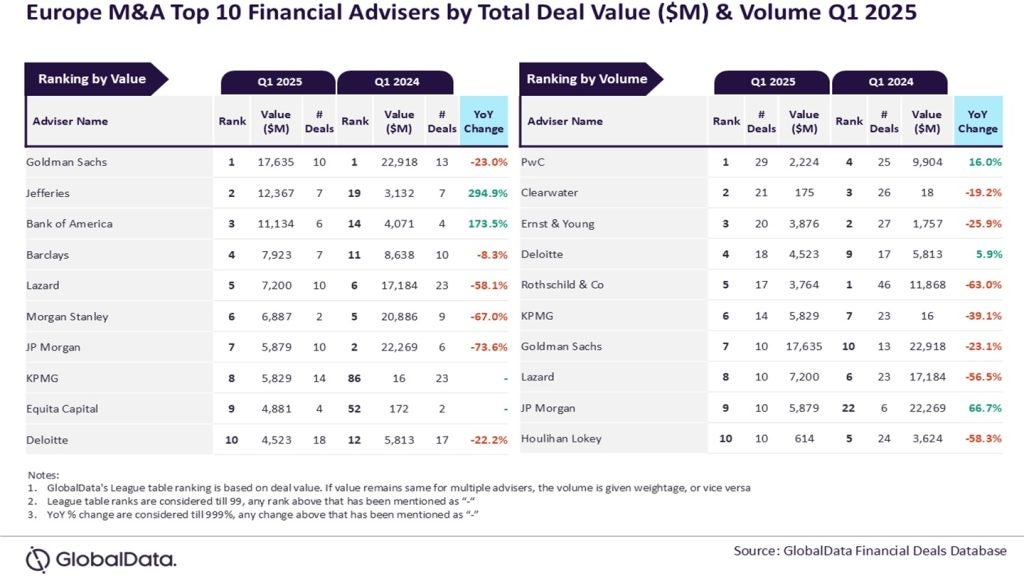
The wealth management industry is set to become more transparent in the way offshore centres are used to store wealth following a major leak of confidential tax data, a number of experts say.
The claims come in wake of the recent “Paradise Papers leak” that took place early November, causing 13.4m files to be exposed from offshore law firm Appleby.
The files were leaked to German newspaper Suddeutsche Zeitung and then shared with the International Consortium of Investigative Journalists.
The leak, apart from causing embarrassment for individuals involved, has ramifications for the wealth industry.
The leaked documents contained more than 1,400GB data. It mostly came from the Caribbean region and indicated high net worth individuals, including some prominent public figures, to have used offshore centres to save their wealth. As a result, they paid lower taxes than the typical taxpayer.
Most of the data came from offshore legal provider Appleby in tandem with corporate services provider Estera. The two operated under Appleby until 2016, when Estera became independent. This was perceived as a classic example of tax evasion to many, prompting a public outcry.
Transparency
A number of experts say that the leak, which comes less than 18 months after the Panama Papers, will force the offshore industry to become more transparent in the way they deal with clients’ wealth.
John Maitland, group commercial director and head of private banking at Kleinwort Hambros says: “It [the leak] will inevitably lead to more transparency.”
This is in line with what others say. Indosuez wealth management CEO Paul de Leusse, says: [In] 5-10 years, we will be in a fully transparent world.”
Risk and compliance consultancy, Temple Grange Partners CEO Eoin O’Shea, says: “The fact that these unexpected disclosures can occur, and will no doubt reoccur, will promote greater understanding among clients of the need for any of these structures to have a defensible business purpose. That itself supports greater transparency.”
Maitland says individuals will to some extent at least start navigating away from using offshore centres because the “reputational damage is too high.”
Blick Rothenberg partner & tax investigations specialist Fiona Fernie says: “It will be difficult to determine the likely tax take for cost of investigating the raft of information leaked, but the availability of information combined with the formidable array of measures in HMRC’s arsenal should be enough incentive to prompt individuals to review their overseas tax affairs.”
Fernie also suggests that individuals who have invested in offshore centres would also contribute to increasing transparency, by perhaps initiating individual reviews into their investments.
“HMRC’s arsenal is making it increasingly difficult for individuals to keep offshore matters secret, and those with offshore assets should urgently consider whether these require a review.”
O’Shea adds: “It is true that some offshore centres will suffer collateral damage and cause investors to re-evaluate.
But on the other hand, it will focus attention on those centres and advisers who are best able to help their clients to satisfy the reputational test, meaning the need for structures to have a defensible purpose and demonstrable commercial substance.”
Safe Haven
Maitland says offshore centres would need to rebrand if people were to still use them.
“Offshore centres will really struggle unless they re-invent themselves.”
But Maitland identifies another major incentive for people to continue to use offshore centres. He says that political tensions such as deteriorating relations between the West and North Korea imply that people prefer to save their money offshore.
He says demand for offshore centres will never cease to exist because they provide stability in times of geopolitical risk. He identifies Switzerland as a success story that operates offshore wealth centres while providing stability.
De Leusse agrees. He says that geopolitical risk in the world has not reduced, and just increased over time. “We don’t need offshore centres for tax reasons, I think we need them for security.”
[They offer] stability in a safe haven, which clients need if they want to avoid geopolitical risk,” he says.This is why Maitland says offshore centres could rebrand as a way to mitigate political risk, rather than benefit from lower taxes.
[This means they could] rebrand in terms of expertise, or as a safe-haven [centre],” he says.“Other, often ignored, benefits also include that they can assist firms to avoid double taxation on the same income, and that they offer legitimate financial refuge for those in countries where there is economic, social and political turmoil,” comments DeVere founder and CEO Nigel Green.
Legality
Much has been said on whether the individuals broke the law or not. The general consensus is that while there is no evidence that people have engaged in wrongdoing, but the “spirit” of the law has been broken.
“It has dented the spirit of the law, not really the law,” Maitland says.
Even the EU tax commissioner Pierre Moscovici told European MPs following the leaks: “These aggressive tax optimisation schemes are all the more shocking because many of them are apparently legal.
We must therefore respond on the ground of the law to a defect of the law…if it’s legal, as some people claim, then you have to change the law”.
But DeVere disagrees. “The notion that the majority of individuals and firms in these allegations are ‘getting away’ with mitigating their taxes liabilities legally is absurd. It is akin to someone ‘getting away’ with driving at 50mph in a 50mph zone.”
Criminal Finances Act
O’Shea identifies another factor that will transform the wealth management industry following the leaks.
Temple Grange Partners was launched in 2016 as a compliance, risk and regulatory firm. At present, a core area of focus for the consultancy is to help its clients understand its tax affairs, and help them understand whether they are in breach of the Criminal Finances Act.
The recent introduction of the Criminal Finances Act in September 2017 means that firms can now be liable and face criminal prosecution for any activity suggesting that they had been involved in tax evasion. This could even apply if the company was unaware that their clients had invested offshore, and as a result evaded taxes.
“This is an important focus area for our clients and we expect demand for understanding these disclosures to increase significantly,” O’Shea says
O’Shea says that even though the law came into effect in September, the act sheds light on money that is being used today and the source of past and current funds.
“Not everybody is understanding the implications for issues like the Paradise Papers where your obligations from past transactions need to be updated in the context of this current information.”
O’Shea adds: “Wealth managers should expect given the public domain information that is out there, greater scrutiny for regulators who are [all into] the same information.
Where the scrutiny lead to is really an issue for the regulators and for enforcement.“
“So a lot of these structures are throwing information that was not previously known to the wealth manager that they need to be conscious of that they need to think about and build this into their diligence.
He says the timing of the Paradise Papers that came only eight weeks after the Criminal Finances Act mean that both events are having a “complementary effect on each other.”
It is clear that experts believe lawmakers patience has been exhausted with taxpayers getting away with paying lower taxes than they could be paying. The industry expects this to be met with a change. That change remains to be seen, because at present there is little to no evidence that individuals have engaged in fraudulent activity, nor have they broken the laws. One could then expect either laws to change, or perhaps a formal disclosure process whereby individuals have to be open about where they are saving their money, how much they are saving and the golden question: why they feel the need to. The Criminal Finances Act may be a good incentive for both wealth managers to exercise due diligence, and this could be the first step in reducing the amount of money unnecessarily being stashed abroad. The final impact ultimately lies in the hands of lawmakers.







